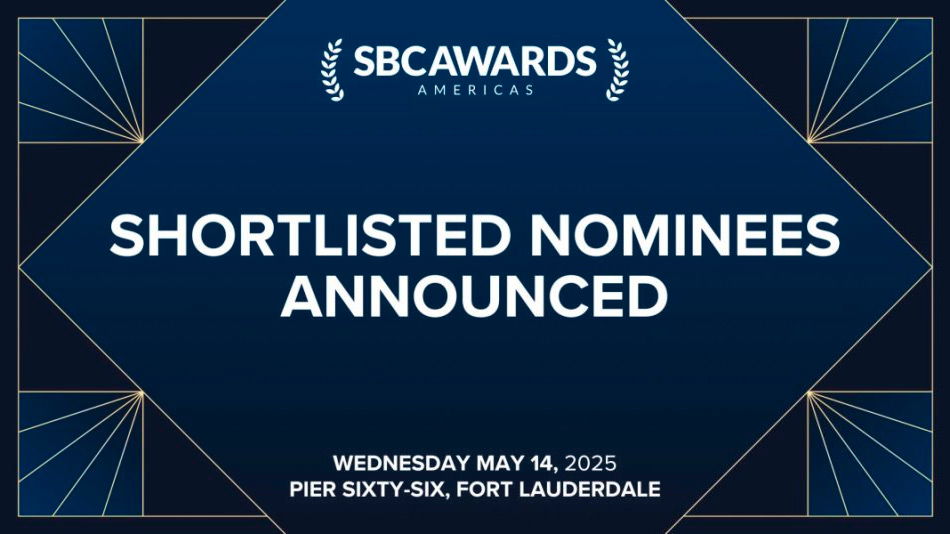Nevada judge blocks state regulators from enforcing sports betting laws against Kalshi

A federal judge has issued a preliminary injunction preventing Nevada gaming authorities from taking action against KalshiEX LLC, a New York-based platform that offers event-based contracts, including on sporting events.
U.S. District Judge Andrew Gordon sided with Kalshi in a legal dispute with the Nevada Gaming Control Board and the Nevada Gaming Commission, halting any enforcement actions that would interfere with Kalshi’s operations. The decision follows a lawsuit filed by Kalshi after receiving a cease-and-desist order from Nevada regulators in March.
“Nevada’s attempt to regulate Kalshi intrudes upon the federal regulatory framework that Congress established for regulating futures derivatives on designated exchanges,” the company said in its lawsuit.
The decision supports this argument. “Kalshi has met its burden of showing these factors, so I grant its motion and enjoin the defendants from pursuing civil or criminal prosecutions of Kalshi for event contracts Kalshi offers on its CFTC-designated exchange,” Gordon wrote in his order.
He stated that under the federal Commodities Exchange Act, the Commodity Futures Trading Commission (CFTC) has “exclusive jurisdiction to regulate commodities and futures on designated exchanges.” Kalshi, which describes itself as the first federally regulated exchange of its kind under the CFTC, allows users to trade on the outcomes of real-world events through simple yes-or-no contracts.
While many of its markets involve political or current event topics, such as whether the Department of Education will be eliminated, the company began offering sports-related contracts earlier this year. Its current offerings include predictions about the outcome of the 2025 Masters golf tournament and the NBA championship.
During the NCAA March Madness tournament in March, Kalshi reportedly processed over $500 million in contracts tied to college basketball events, further drawing the attention of state regulators.
Nevada authorities, viewing Kalshi’s sports-related contracts as unlicensed wagering, issued an order claiming the company violated state statutes and gaming regulations, specifically those related to operating a sports pool without a license. In its response, Kalshi argued that Nevada’s enforcement efforts interfered with the regulatory structure established by Congress and overseen by the CFTC.
Chairman of the Nevada Gaming Control Board, Kirk Hendrick, in a previous statement dated March 31, affirmed the state’s stance: “The Nevada Gaming Control Board is dedicated to protecting all of Nevada’s residents and visitors. The NGCB will oppose any attempts to circumvent Nevada’s rights regarding gaming activities within its borders.”
The initial cease-and-desist letter from the board warned Kalshi that “a person must be licensed to operate a sports pool in Nevada,” referring to any business accepting wagers on sports or other events. It also noted that Kalshi’s inclusion of election-related contracts raised additional concerns, as such activity may conflict with public policy in Nevada.
After securing a short deadline extension from state authorities, Kalshi opted to pursue legal action instead of ceasing operations in the state.
Judge Gordon’s decision not only halts state-level enforcement but also implicitly reinforces the notion that federally regulated exchanges have latitude to operate across state lines, even in areas traditionally governed by local gaming laws.
“I have no evidence that (at least thus far) the CFTC has taken action to prevent Kalshi from offering sports-based event contracts,” Gordon wrote. “As a result, at this point in time, federal law allows Kalshi to offer both sports and election-based event contracts on its exchange.”















































